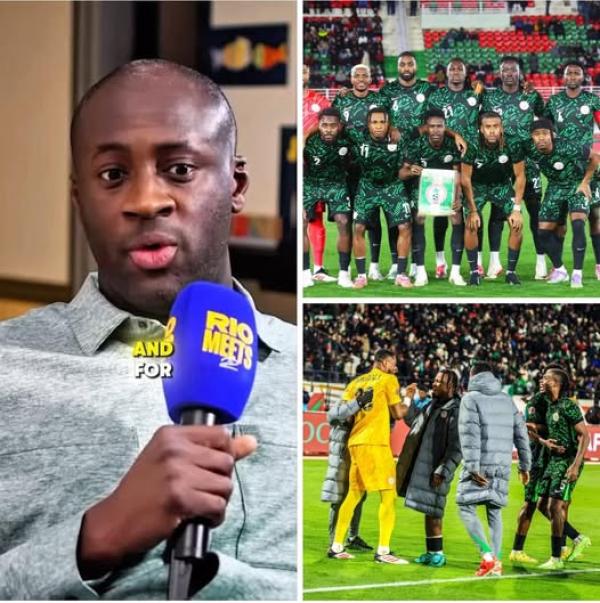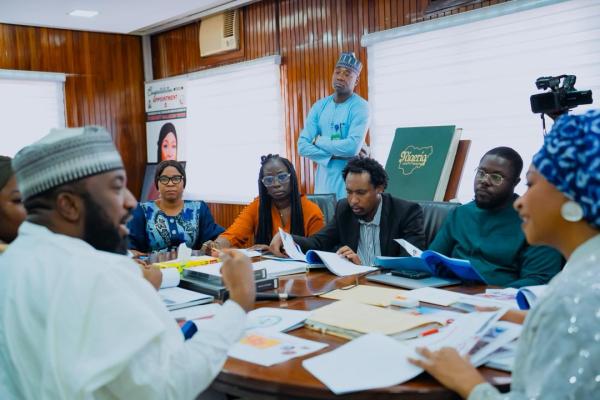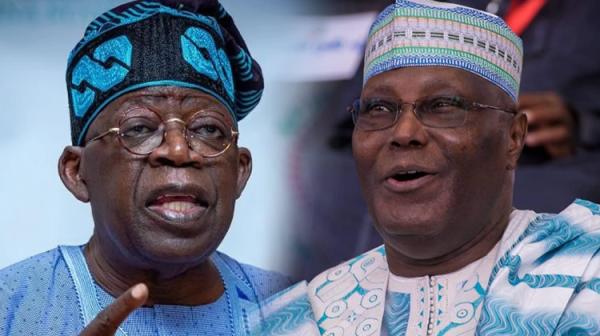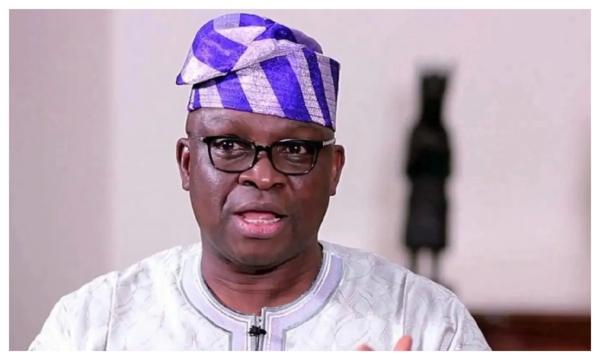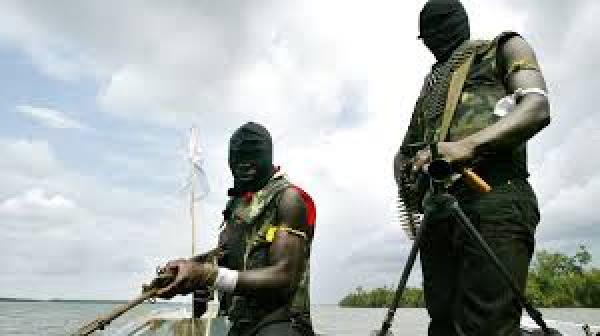
Othom Bol with his daughter Nyauny, 6, who was shot at the United Nations base in Malakal, South Sudan.
MALAKAL, South Sudan — When the shooting started last week, Othom Bol quickly fled with his wife and their three young children to what he thought would be the safety of the United Nations peacekeeping base on the outskirts of town.
Instead, as the pitched gun battle between troops loyal to the government of South Sudan and rebels seeking to overthrow it thundered outside on Wednesday, bullets came whistling into the makeshift camp for the internally displaced at the base, striking civilians, including Mr. Bol’s daughter Nyauny, 6. The bullet hit her in the stomach, passing through her torso and exiting her back.
The girl lay in a hospital bed on the base here Saturday, metal sutures from an operation to stop the internal bleeding studding her abdomen and an intravenous tube protruding from the gauze wrapping her left hand. The base hospital, overstretched, is out of injectable antibiotics and analgesics, a doctor said.
“We’re just civilians and we really don’t know who started this,” said Mr. Bol, 27, a slender man visibly exhausted by his daughter’s ordeal, keeping vigil by her bedside each night in a gray plastic chair. He had not even noticed that he had been shot in the thumb until after he brought his daughter to the hospital. “We are victims.”
On Saturday, a day after the South Sudanese military drove the rebels out of Malakal, the scene of some of the fiercest fighting in recent days, burned-out huts smoldered. The battle for South Sudan has raged since Dec. 15, a day before President Salva Kiir accused his former vice president, Riek Machar, of plotting a coup. Mr. Machar denies the accusation but has in turn demanded Mr. Kiir’s resignation.
In the mostly empty town, six men with kerchiefs covering their noses and mouths hefted the body of a soldier in a blanket, carrying it a few paces before setting it down again, turning their faces away. Other bodies lay in ditches at the looted market, by the university, and in one case in the middle of a main road, under the beating hot sun. He was still wearing his camouflage uniform, his feet stripped bare.
“It’s politics between two people making thousands of people die,” said Simon Monyluk, 21, who lost his father to the prolonged civil war that resulted in the creation of South Sudan, only to see violence flare up again two years after its hard-won independence from Sudan.
Despite efforts by regional leaders to broker a peace deal, there are reports that a column of ethnic Nuer fighters backing Mr. Machar is marching toward Bor, the capital of restive Jonglei State. Although the South Sudan government has said it would be willing to release eight of the 11 senior politicians detained two weeks ago on allegations of plotting a coup, it refused on Saturday to release all of them as a condition for a truce with rebel forces.
“It is not accepted,” Michael Makuei Lueth, South Sudan’s information minister, said in a phone interview. “That is a condition, and we said we will enter negotiations with no preconditions.”
This city is a prize seen as worth fighting over, the capital of Upper Nile, the state with the most oil in South Sudan. It sits on an important road into Sudan and near the city of Renk, which has major food stores. Malakal also has one of the country’s best airports.
While diplomats from across East Africa and around the world scramble for a political settlement between the two sides, tens of thousands of South Sudanese have fled to United Nations facilities like the one near Malakal. Their numbers have overwhelmed peacekeepers and humanitarian aid workers at a time when many of them had already left this landlocked African country for their winter vacations.
Mr. Monyluk was at the camp trying to care for his five brothers, the youngest just 12. “A lot of children, they are suffering, taking dirty water,” he said. “Kids are sick.”
The most conservative estimate of the number of people sheltered at the base is 10,000 to 12,000, though officials admit that they have nothing like the infrastructure needed to accommodate so many. Toby Lanzer, the United Nations’ humanitarian coordinator for South Sudan, said the real figure might be as high as 22,000.
“This is a mini city inside a U.N. base in a very hot climate,” said Mr. Lanzer, describing the situation in Malakal as “a lot worse than I was expecting” when he arrived for a visit on Saturday.
People in Malakal complained that they had neither food nor water, while the humanitarian workers and United Nations staff members fretted over how to prevent an outbreak of a deadly communicable disease like cholera.












